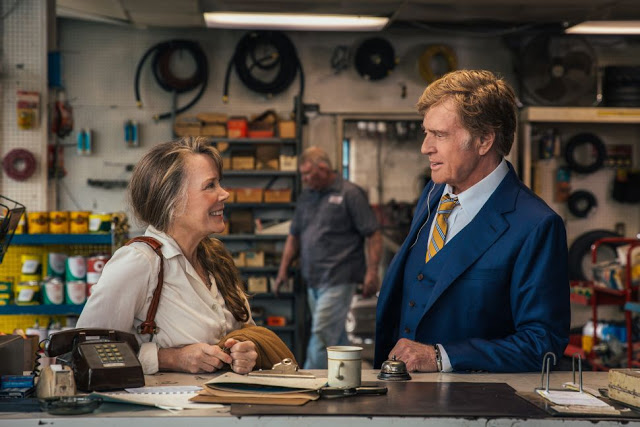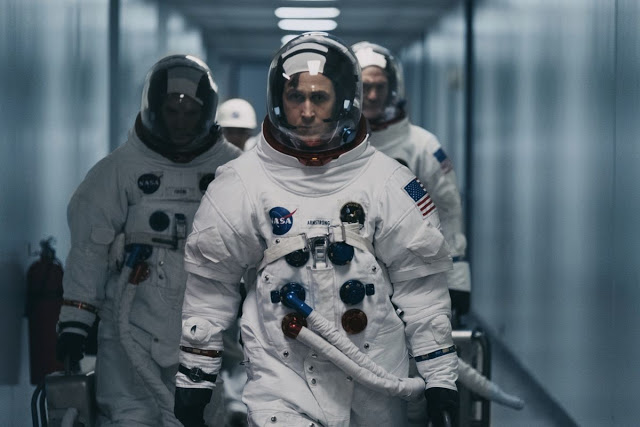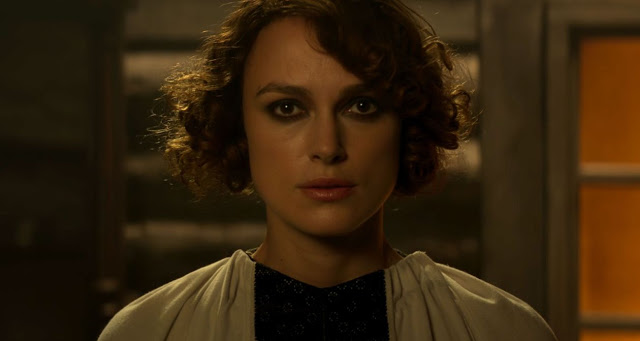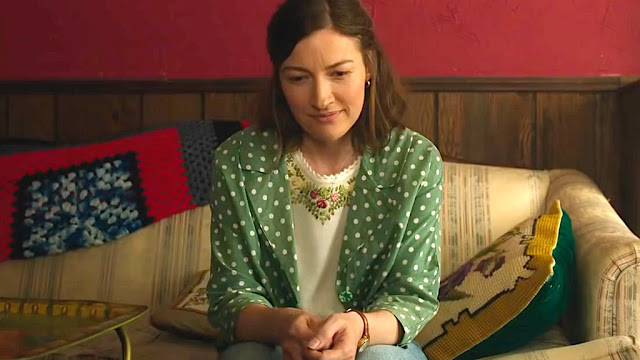The Old Man & the Gun: Hands Up, Please, This Is a Respectful Robbery
Describing Robert De Niro’s vicious mobster in Goodfellas, Ray Liotta says, “What he really loved to do was steal; I mean, he actually enjoyed it.” David Lowery’s The Old Man & the Gun also follows a real-life criminal with a genuine passion for robbery, but that’s pretty much where the similarities between the two films end. Never one to tackle genre material head-on—Ain’t Them Bodies Saints was ostensibly about lovers on a shooting spree, but it was really just a collage of pretty Texas pictures overlaid by Malickian voiceover—Lowery paints this story’s true-crime elements with a warm, humanist gloss. What would typically play as a gritty thriller—there’s even a cops-and-robbers angle, with an obsessed detective who makes it his mission to capture this audacious thief—instead unfolds as a leisurely character study of aging and contentment.
Mostly, The Old Man & the Gun is a showcase for Robert Redford, appearing in what is supposedly his final role. He plays Forrest Tucker, the felon who, as relayed in the David Grann article that formed the basis for Lowery’s screenplay, robbed nearly 100 banks over a 60-year span, escaping from prison more than a dozen times in the process. That’s quite the rap sheet, but Redford doesn’t exaggerate Tucker’s legend or puff up his stature. Instead, he delivers a sly and twinkly performance, investing this sundance elder with a strange integrity that’s part-pride, part-grace. Read More





